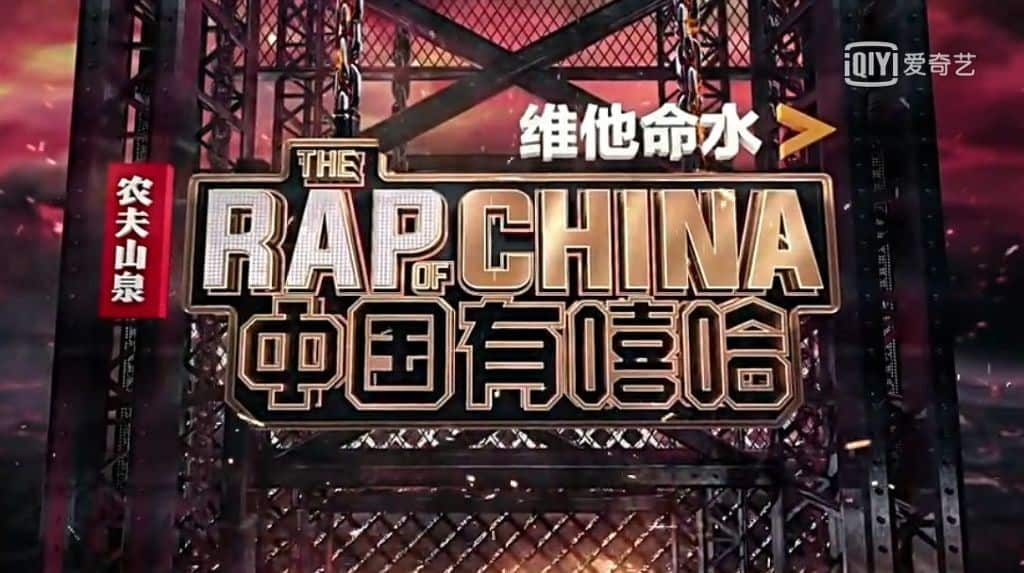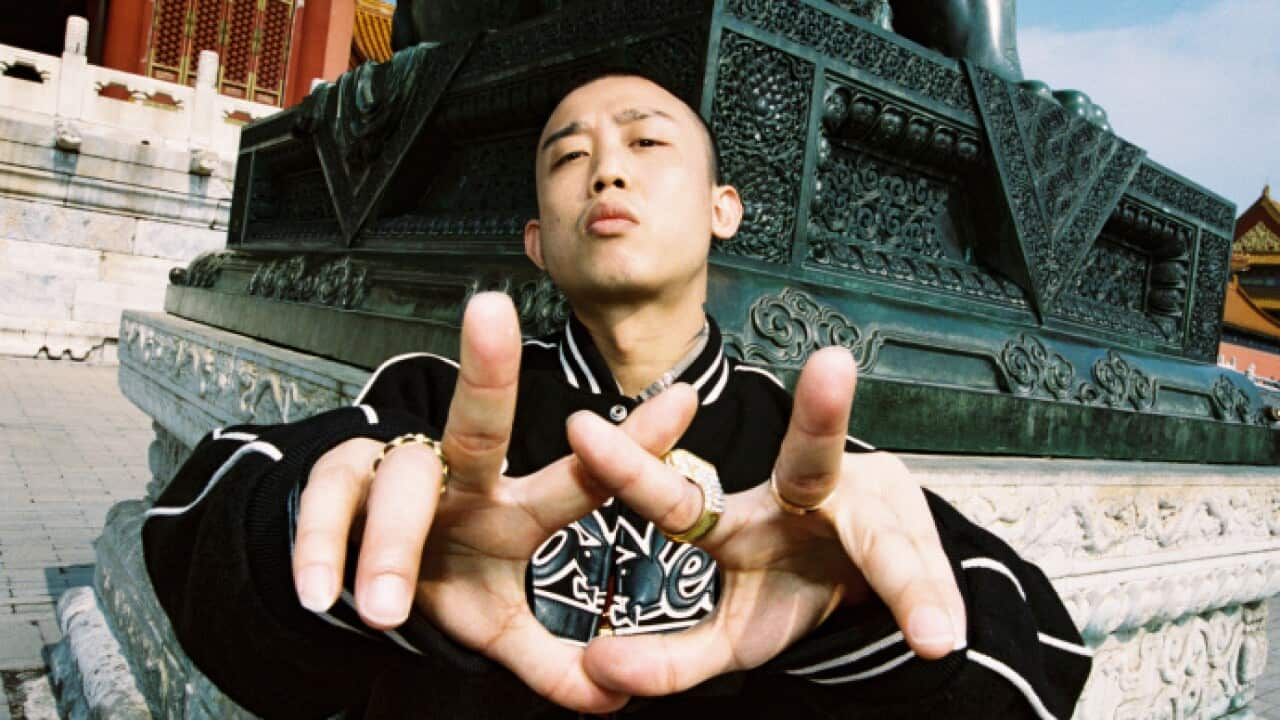On the 19th January, Gao Changli, an official from China’s State Administration of Press, Publication, Radio, Film and Television (SAPPRFT) issued a statement containing four items, which it told media organisations "Absolutely do not use" in their choice of featured artists.
Namely:
- Absolutely no use of artists disobeying the party;
- Absolutely no use of artists with low moral standards;
- Absolutely no use of artists lacking high tastes; and
- Absolute no use of artists whose conduct is in question.
In the meantime, the SAPPRFT have asked TV programs to stop casting artists with tattoos; hip-hop singers; artists from a subculture or representing ‘demotivating’ voices.
Singer banned from show
Just a day before the criteria are announced, it was confirmed that prominent hip-hop singer Gai will no longer be part of China’s famous singing TV show The Singer.

Chinese media reported that Gai has been told to leave the show but his team said "it’s not about him; the whole hip-hop industry is under scrutiny."
Having grown up in a low-income household in rural township southwest of China, Gai rose to fame as part of China’s groundbreaking hip-hop competition The Rap of China.
Drawing musical elements from songs featured in China’s well-known Kung Fu films combined with lyrics inspired by folk legends, Gai became one of the most loved hip-hop singers in China.
His Weibo (Chinese social media) account has over 4 million followers and has had nearly 3 million views on one of his YouTube hits ‘Dry and Flammable’.
Gai’s first and only performance on the show The Singer has been either edited out or removed completely from both Chinese and international websites.
Gai continues to be active on his Weibo account, but has not directly responded to the sudden blackout.
His team issued a statement to Chinese media saying that "the road to become a real singer is always difficult."
"The most important thing is to make good music."
However, Gai has changed his Weibo account name from the more flamboyant 'Papa Gai Only Knows Money’ to ‘Super-Undefeatable Gai’ and then to his real name ‘Gai Zhou Yan’ which seems to echo with the authority’s requirements for hip-hop singers to be more demure and avoid vulgar and rude words in their lyrics.
Gai’s short-lived TV presence has caused discussion on the Chinese internet. Some suggest that China should introduce classifications for music such as 'PG' and M15+ - like in Australia, so that artists are free to write the lyrics as they like.
Fans have commented on Gai's account to encourage him to 'keep fighting for hip-hop.'
What did hip-hop do wrong?
It is not hip-hop or rap that the Chinese government is specifically against. The Communist Party has even used rap in one of its videos promoting the country and the party:
However the direct expression of dissatisfaction and anger in hip-hop does not match China’s 'mainstream political theme,' which is the positive China Dream.
The growing rise of social media and smart phones in China has allowed many privately-owned companies to make online programs like The Rap of China, which is seen to many as the milestone of the beginning of hip-hop in China.

However, besides cracking down on artist’s choice of lyrics and their "moral standards", China has also issued regulations for non-traditional media outlets. In June 2017, the SAPPRFT asked all levels of local authorities to "strengthen the guidance and management of online audio and video programs."
It is not certain now whether The Rap of China will be renewed for a second season.
China’s state-owned media outlet People.cn published an article on the 22nd January saying that while online shows have their advantages, they should focus on the unity and recognition of the Chinese nation as a whole.
